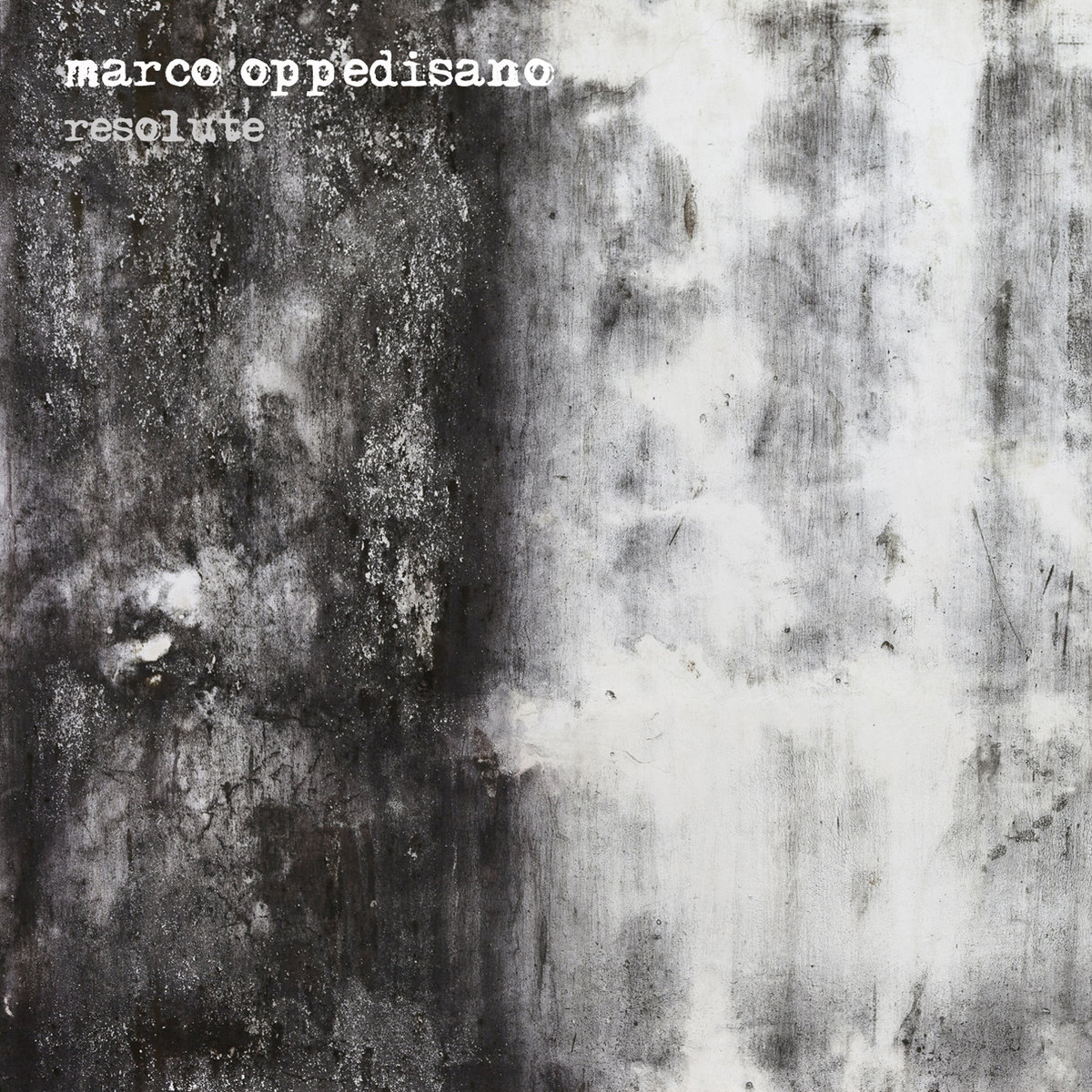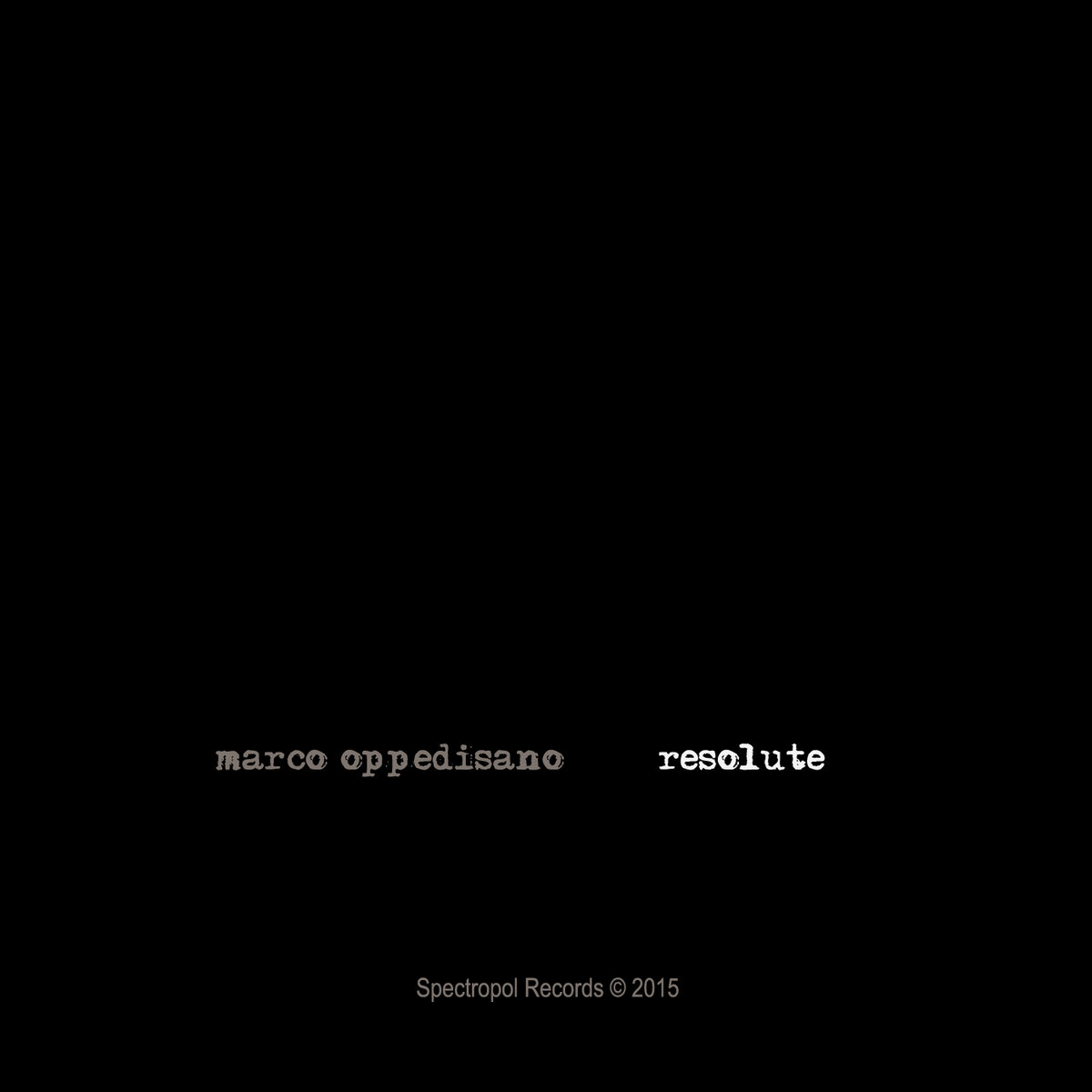
Marco Oppedisano (born
November 20, 1971 in Brooklyn, New York) is an American guitarist and
composer whose compositions focus on the innovative use of electric
guitar in the genre of electroacoustic music. His musique
concrete/acousmatic compositions have utilized multitrack recording and
extended performance techniques for electric guitar and bass. In
addition to musique concrète, compositions by Oppedisano also consist of
"live" electric guitar in combination with a fixed playback of various
electronic, acoustic (specifically female voice courtesy of Kimberly
Fiedelman) and sampled sounds.
Oppedisano has also composed works for solo classical guitar, solo electric guitar and mixed ensemble.
- See more at: http://www.marcooppedisano.net/#sthash.fOSPlk6J.dpuf
Oppedisano has also composed works for solo classical guitar, solo electric guitar and mixed ensemble.
- See more at: http://www.marcooppedisano.net/#sthash.fOSPlk6J.dpuf
Marco Oppedisano (born November 20, 1971 in Brooklyn, New York) is an American guitarist and composer whose compositions focus on the innovative use of electric guitar in the genre of electroacoustic music. His musique concrete/acousmatic compositions have utilized multitrack recording and extended performance techniques for electric guitar and bass. In addition to musique concrète, compositions by Oppedisano also consist of "live" electric guitar in combination with a fixed playback of various electronic, acoustic (specifically female voice courtesy of Kimberly Fiedelman) and sampled sounds.
Oppedisano has also composed works for solo classical guitar, solo electric guitar and mixed ensemble.
“Resolute" is Oppedisano’s first solo release of electroacoustic music since 2010, published by Spectropol Records. The EP is composed of five compelling tracks based on electric guitar, electric bass, percussion, voice and piano. As in much of his previous work, the resulting music is a kind of electric-chamber/concrete hybrid rich with timbral, contrapuntal, gestural and harmonic detail. There’s an unwavering energy through these tracks that speaks to the title, a sense of direction and tonal focus even through contrasting sections, making the EP into what feels like a unified statement.
Tell me about your decision for making a new recording.
I thought it was about time after not having released something since 2010. My intention was to create a full album, but felt done after having composed the five pieces that make up the EP.
How has the musical panorama changed from your last cd.
This recording has less guitar than my last release (Mechanical Uprising) and less variety of sounds. There are no electronic sounds or manipulated waveforms, so I think this new release has more of a chamber music feel (electric guitar, electric bass, percussion, piano and voice). I was looking to do something less ambitious and more stripped down texturally – all the while knowing that it would still sound like me.
The music is also more direct, melodic and subdued - less harsh and noisy. I think I might be mellowing with age.
What do you learn with each new project?
I learn something new about myself with each project and that definitely keeps things interesting. I’m always trying to do better, so of course it’s normal for me to think this EP is better than anything else I’ve done.
The initial plan was to release a full-length album of new music using the same instrumentation throughout: electric guitar, electric bass, virtual instruments (piano), percussion samples and voice samples (once again, courtesy of my wife, Kim) but while working on the album, I reached a point where I felt I had said enough. A few short pieces which I originally composed for the album didn’t make the cut, so were left off. (They can be heard online: Yawp and Watch Your Step). Call me old-fashioned, but I still believe in the album concept and this EP is the most consistent compared to my other releases. Why include more music for the sake of it?
How do you feel your technical preparation right now?
I feel good about it, but know there is still more to learn and experience. I always feel technically prepared enough to compose and record, the question is what do I want to say with my music. So even if I’m not composing a piece or feeling “inspired”, I’m always sketching out some new ideas. A lot of it doesn’t get used, but every once in a while I come up with something that clicks and excites me.
What did you pursue in this work?
I just focused on making something I am proud of without focusing on length and size. I wanted the music to be more intimate.
What's the relation, in your work, between music production and composition?
For me with electroacoustic music, they go hand in hand. The accumulating of samples and editing them are a big part of the process. I never use effects for the sake of them – it is important that they have musical significance within the composition. Sounds are just as important as pitch. The fact that I can hear the actual music as I compose it makes a huge difference. And there are various editing techniques that I employ that allow for some randomness and surprises. This only happens for me when composing electroacoustic music.



